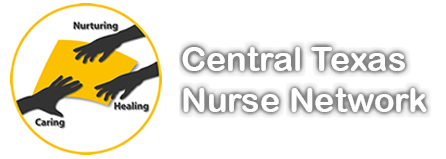1.What's the difference between certified and licensed pharmacy technician?
Becoming a certified pharmacy technician is not required for most positions. ...Certification means that the Technician has a high school diploma or GED, and has passed the ExCPT exam. Two organizations provide certification; Pharmacy Technician Certification Board (PTCB) and National Healthcareer Association (NHA).
2.What Is the Difference Between a Medication Technician and a Medication Aide?
The difference between a medication technician (MT) and a medication aide varies by state, so some areas use them interchangeably. In general, however, medication aides focus on administrative and clerical work, while medication technicians provide direct care to patients. The critical difference here is the ability to provide medication under supervision. You must have a license or certification to be able to interact with patients in this way. Medication aides usually do the paperwork so more-experienced caregivers can spend more time giving care and less time filling out forms.
3.Licensure vs. Certification
There can be confusion as to the difference between being certified and licensed. To be a certified pharmacy technician, you simply need to pass a qualifying exam given by either the Pharmacy Technician Certification Board (PTCB) or the National Healthcareer Association (NHA). Once you pass the exam, often your state will need you to be fingerprinted, submit to a background check and pay any associated fees..To sit for the PTCB exam, you will need to have a valid application with your state's pharmacy board. That means that you will need to have already submitted your fingerprints, background check and be current with any applicable fees. While there is no requirement for a formal secondary education, you will likely need to have the knowledge and experience that a formal education can offer. The knowledge you gain in a pharmacy tech program will be vital to attaining any national certification. The NHA, on the other hand, requires that you complete a pharmacy tech training program prior to applying to sit for the exam. You also need a high school diploma or a GED. While an AA with a Pharmacy Tech diploma will be of great help in the job market, you can sit for the exam with a valid certificate of completion. The NHA does not require that you apply for state licensure. Therefore, if your state does not regulate pharmacy techs, this might be the best option for you. That is, when you pass the NHA exam, you will have a nationally-recognized credential that will open the doors to fantastic job opportunities.
In states that require licensure, there is often a preference of one agency over another, but the majority will recognize the PTCB credential, which is the older of the two. However, it is vital that you check with your pharmacy board prior to sitting for an exam. When making your choice between exams, you may want to consider the possibility that you might move in the future. If your state offers a choice, the PTCB may be preferred, as it is most likely to be acknowledged by other state pharmacy boards who will want to see a national certification prior to licensure.
If your state does not regulate who can or cannot work as a pharmacy technician, you can be nationally certified, but not licensed. If that describes your status, you might be called in to interview with pharmacies, but they may require full licensure as a condition of employment. In states that do not require either certification or licensure, holding a national certification will help you stand out among the other applicants. Many national and regional retail chains may have a corporate policy that requires some credentials, even if they are not required by the applicable pharmacy board.
